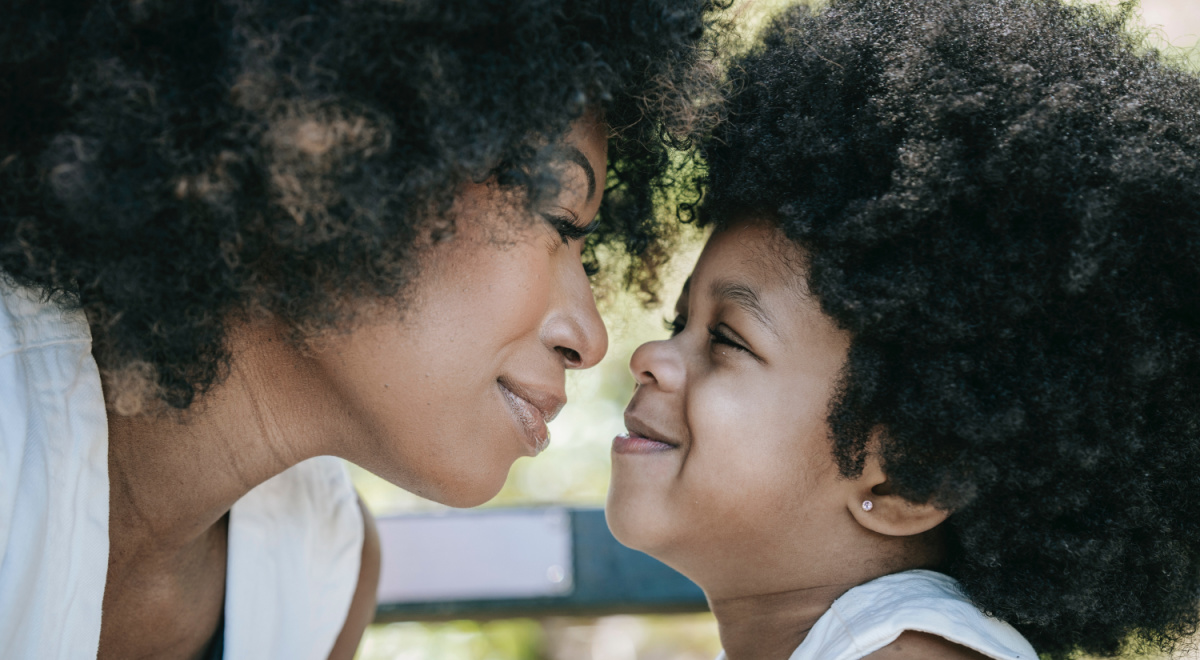I love being a parent. I love it with every part of my being and more than I ever thought I could love anything. Honestly though, nothing has brought out my insecurities or vulnerabilities as much. This is so normal. Confusing, and normal.
We have to lovingly make way for the duality of parenting. It’s joyful and lonely. It nourishes and depletes. It’s tender and maddening. We discover the richest, most luminescent parts of ourselves, while we feel other parts go missing for a while.
We are selfless, loving, and nurturing. And sometimes we aren’t. It was never meant to be about perfection. It’s about love, and love is never perfect. It’s honest, raw, pure. It’s irrational and infuriating. It’s beautiful, life-giving, and imperfect. So are we. So are our children. Let’s no give them a ridiculous ideal to live up to by expecting ourselves or our parenting to be otherwise.
However many children we have, and whatever age they are, each child and each new stage will bring something new for us to learn. It will always be this way. Our children will each do life differently, and along the way we will need to adapt and bend ourselves around their path to light their way as best we can. But we won’t do this perfectly, because we can’t always know what mountains they’ll need to climb, or what dragons they’ll need to slay. We won’t always know what they’ll need, and we won’t always be able to give it. We don’t need to. But we’ll want to. Sometimes we’ll ache because of this and we’ll blame ourselves for not being ‘enough’. Sometimes we won’t. This is the vulnerability that comes with parenting.
We love them so much, and that never changes, but the way we feel about parenting might change a thousand times before breakfast. Parenting is tough. It’s worth every second – every second – but it’s tough. Great parents can feel everything, and sometimes it can turn from moment to moment – loving, furious, resentful, compassionate, gentle, tough, joyful, selfish, confused and wise – all of it. Great parents can feel all of it. Because parenting is pure joy, but not always. We are strong, nurturing, selfless, loving, but not always. Parents aren’t perfect. Love isn’t perfect. And it was meant to be. We’re raising humans – real ones, with feelings, who don’t need to be perfect, and wont need others to be perfect. Humans who can be kind to others, and to themselves first. But they will learn this from us.
Parenting is the role which needs us to be our most human, beautifully imperfect, flawed, vulnerable selves. Let’s not judge ourselves for our shortcomings and the imperfections, and the necessary human-ness of us.



Last night I got a call from my son, who was upset at my parenting skills or lack of skills. I could not see through walls and lies told to me, or know what was truth or lies. I was reminded that I had made errors in my parenting because I could not see what was obvious to them. I tried my best to deal with every problem with limited knowledge, time, and with others always watching what I was doing being a parent. The work and life balance never seemed to be balanced enough to make everything thing just right. We are all humans with limitations and time constraints that make it hard to make the right choices. Your children only learn after they have made the same mistakes that you have made in bringing them up. My son wants to be a parent now after telling me that he never would, but life is going to put him in that position sooner than later. I wish him and his wife the best to deal with being imperfect in an imperfect world, and to raise a child in it. It will be hard. I love my children, but I am always reminded that I to am not perfect and I will not say I am either.
Beautiful article you have written and thank you for writing it.
Thank you. I didn’t have “perfect” parents; they were to know what that looked like to begin with. This made me so scared of failing my kids. But, you reminded me that they don’t need me to be perfect. They need me to be real. It shows them how to adapt and correct when needed. How to celebrate the little moments. How to love one another, even when it’s hard. Thank you!
Thank you for this beautiful reminder. I struggle mightily with perfection in parenthood.Now I feel more human after reading this.
Thank you
Kindly,
Saúl